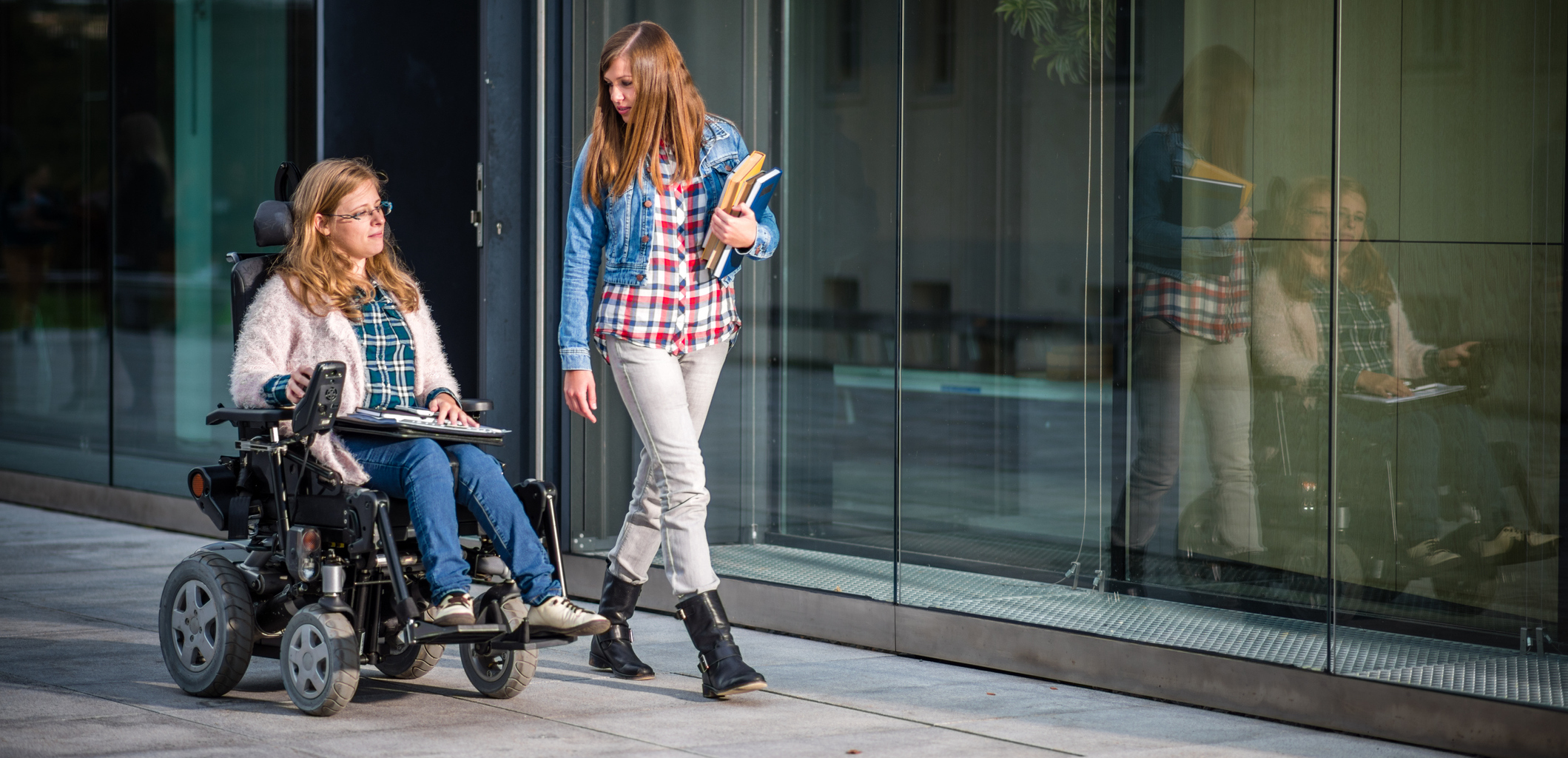Campus Resources
Campus
Academic
Student
- Center for Student Employment + Career Development
- Advising and Transfer Services
- Counseling Services
- Scholarships
- Student eResources
- Bookstore
- Learning Resources
- Preferred First Name
- Testing Center
- Bucks County Community College Student Printing
- Ride Share Bulletin Board
- Governance + Compliance
Resources for Parents and Families
Introducing The Bucks Connection for parents and families. Get the information you need to stay informed and support your student's success at Bucks.
